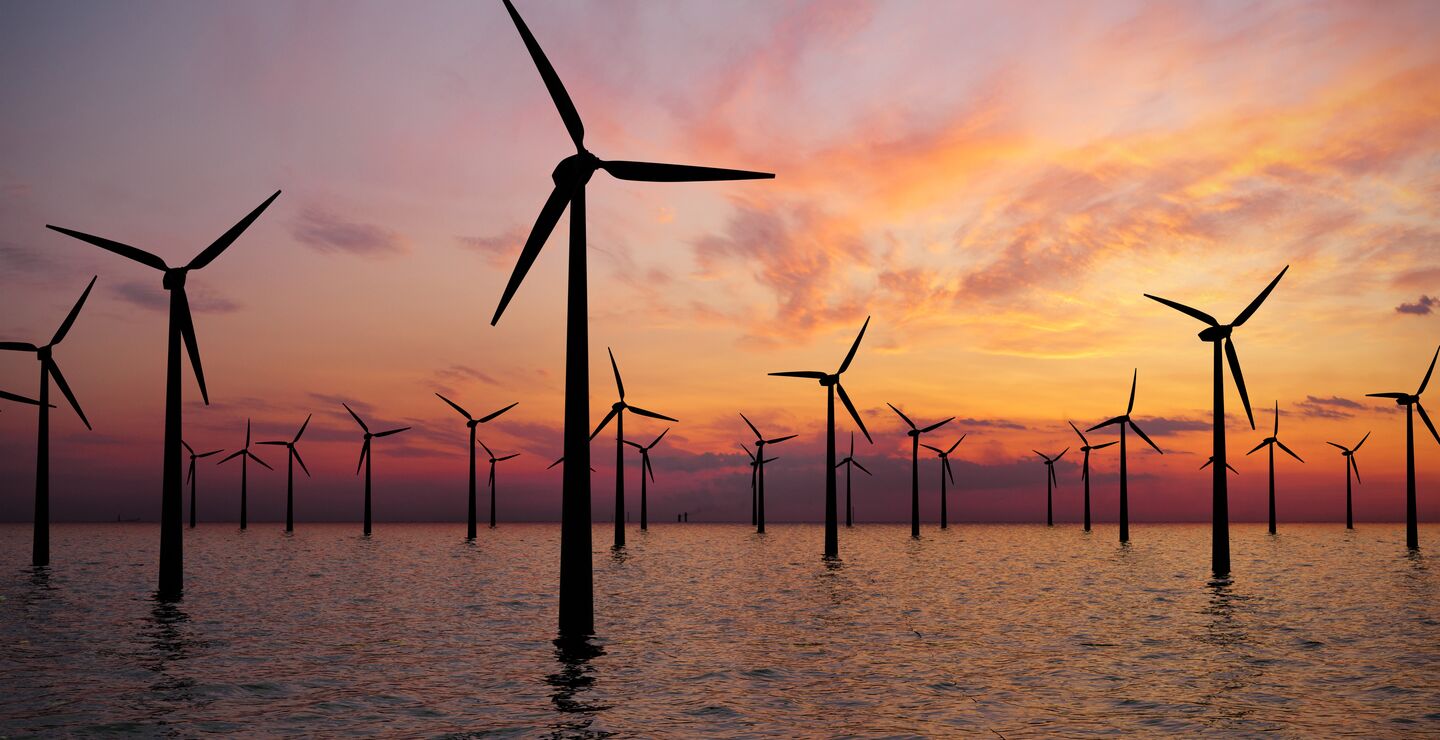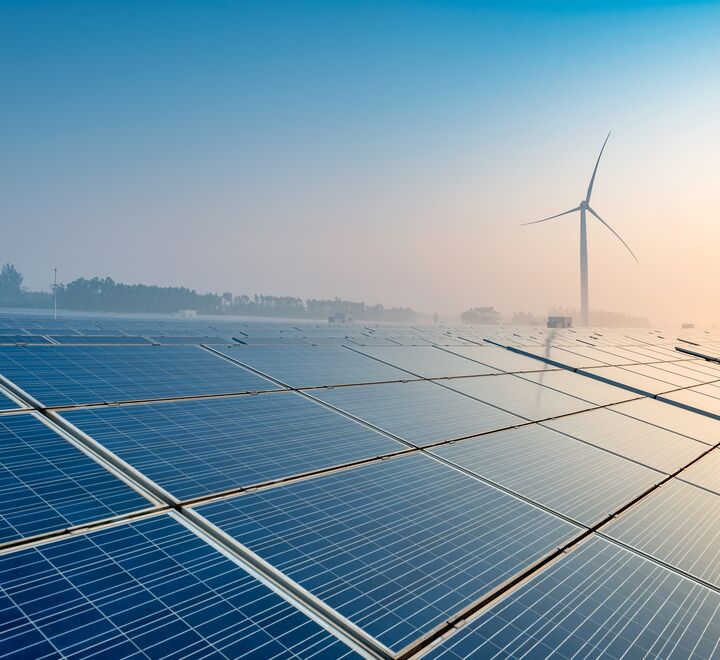Efficiency has long been hailed as the path to sustainability, but it may actually be undermining our efforts to save the planet.

Is efficiency destroying our planet?
For decades, we have been told that efficiency is the key to sustainability. From fuel efficient cars to energy saving appliances, the message is clear: optimize, streamline, and innovate our way to Net Zero.
But what if this obsession with efficiency is not saving the planet, but destroying it? While efficiency improvements give the illusion of progress, they often lead to greater overall consumption. This delays the systemic changes needed to achieve real climate action.
Net Zero is not dead, but the way we pursue it by prioritizing efficiency over transformation may be killing its potential. The Efficiency Trap Net Zero remains a viable goal, but only if we stop using efficiency as an excuse for business as usual. Instead of reducing emissions, efficiency often enables industries to extract, produce, and consume more. This further deepens the very challenges we seek to overcome.
The Illusion of Progress
Without stringent regulation and systemic change, efficiency becomes a smokescreen for inaction and ensures that Net Zero remains a distant dream. Jevons’ Paradox: More Efficiency, More Consumption A prime example of efficiency’s unintended consequences is Jevons’ Paradox. In the 19th century, economist William Stanley Jevons observed that improvements in coal-burning efficiency led to greater overall coal consumption, not less. The same principle applies today. More fuel-efficient cars have led to more driving, not less fossil fuel use.
When industries optimize processes, they lower costs, expand production, and ultimately consume more resources. This process undermines emissions reductions and contradicts the goal of aligning financial investments with low emissions and climate resilient development.
Modern technology follows the same pattern. The increasing efficiency of AI-driven automation and self-driving technology is predicted to increase overall transportation demand, rather than reduce it.
The myth of green growth and negative externalities
The idea that green growth can solve the climate crisis is an illusion. Many corporations promote efficiency improvements as a way to appear sustainable while continuing to expand production and resource extraction.
Fossil fuel companies claim that cleaner drilling technology reduces emissions, yet they increase oil and gas output year after year. Similarly, tech giants showcase energy-efficient data centers, while ignoring the rising emissions from surging digital consumption. To meet the climate goals set forth in the Paris Agreement, it is essential to achieve absolute emissions reductions rather than relying solely on efficiency improvements.
Yet, businesses use green growth rhetoric to justify continued pollution rather than real transformation. Without strict regulations, green growth is not a climate solution, but rather a convenient excuse for industries to keep polluting under the guise of progress.
Greenwashing through efficiency
Efficiency driven climate strategies often serve as greenwashing tactics, making corporations appear climate conscious while delaying real action. Many companies set Net Zero targets but rely on efficiency gains and carbon offsets instead of cutting emissions.
Climate scientists warn that offsets often fail to deliver real reductions and let polluters avoid systemic change. The fossil fuel industry is a prime example. According to a 2023 report by Influence Map, oil companies promote efficiency and carbon capture while expanding fossil fuel production and lobbying against renewables. Equinor for example, recently halved its green investments while pushing for new oil fields. When efficiency failed to deliver the deep cuts they promised, corporations abandoned their commitments and doubled down on fossil fuels.
Efficiency has a role, but only with strong policies.
It is important to note that efficiency is not inherently bad. Technological improvements can help reduce emissions when implemented within a regulated framework. For example, efficiency in agriculture has provided food for more people. Renewable energy has also become more efficient and affordable, enabling greater adoption. However, without strict carbon pricing, regulation, and consumption caps, efficiency alone is insufficient. A focus on absolute reductions and not just relative improvements is the only way to make Net Zero a reality.
Policymakers must ensure that efficiency gains do not lead to increased overall resource consumption, a phenomenon known as the rebound effect. Without strict regulations and limits on total emissions, efficiency can become a double-edged sword that drives higher demand and delays real climate action.
The need for systemic change
Net Zero is not dead, but the way we pursue it by prioritizing efficiency over transformation is killing its potential. If we continue optimizing instead of transforming, we will never achieve the emissions cuts needed to prevent climate catastrophe. Policymakers must prioritize regulations, systemic changes, and direct cuts in emissions over incremental efficiency improvements.
The path to Net Zero is not tweaking the system, it is through fundamentally changing it. The hard truth is that efficiency alone will never save us. Only decisive action, bold policies, and an uncompromising commitment to absolute emission cuts can turn Net Zero from a hollow promise into a reality.
References
Castro, C. G., Trevisan, A. H., Pigosso, D. C.A. & Mascarenhas, J. (2022, April 15). The rebound effect of circular economy: Definitions, mechanisms and a research agenda. Journal of Cleaner Production. 345. Article 131136. https://doi.org/10.1016/j.jclepro.2022.131136
InfluenceMap. (2023). Big Oil’s Real Agenda on Climate Change.
Jevons, W. S. (1866). The Coal Question. Macmillan and Co.
United Nations Framework Convention on Climate Change. (2015). The Paris Agreement.
U.S. Department of Energy. (n.d.). Energy Efficiency in Data Centers.
Winner of Opinion Essay Competition Spring 2025
This essay is the winner of BI's Opinion Essay Competition for the Spring 2025 semester. In addition to having their essay published as a feature article here on BI Business Review, the students also receive a prize of NOK 10,000.
Published 24. April 2025




